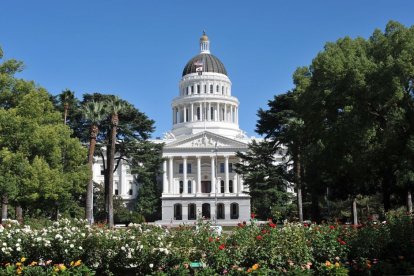California: Legislators present reparations law for the black community without cash payments
The state becomes the first in the country to present a proposal of this type.

(Wikimedia Commons)
The California State Legislature on Thursday became the first in the country to present a historic reparations bill for the black community in its state. The bill is the result of more than a year of work by the Legislative Black Caucus, which presented the bill.
The text, unveiled by Democratic state Sen. Steve Bradford, includes a series of measures that aim to offer compensation to those who are descendants of the victims of the slave trade. The proposed reparations are based on the idea that past actions resulted in violence and segregation that had a serious impact on black communities in California.
This proposal presented ultimately excludes the possibility of victims of racial segregation receiving compensation in the form of direct monetary payments. This measure has raised controversy throughout the year of work by the group of legislators.
Initially, the panel of legislators charged with introducing the bill recommended monetary payments for descendants of slaves. They estimated that black Californians affected by banks' opt-out provisions should receive $3,366 for each year they lived in California from the early 1930s to the late 1970s, amounting to up to $148,099. Another 14 measures were maintained that pertain to "education, civil rights and criminal justice," among others.
"While many only associate direct cash payments with reparations, the true meaning of the word, to repair, involves much more. We need a comprehensive approach to dismantling the legacy of slavery and systemic racism," Democratic Assemblywoman Lori Wilson, chairwoman of the Legislative Black Caucus, told the press.












